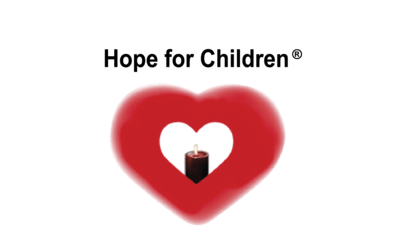Substance Abuse Link To Violence and Sexual Assault
This video was produced by the Office for Victims of Crime and the National Victim Assistance Academy given with permission by Hope For Children Foundation to distribute on our website, hopeforchildrenfoundation.org and on Youtube and Vimeo. Substance Abuse has a link to violence, sexual assault, depression and murder not just for the perpetrator but also the victim. For many, alcohol and pills take away any sense of guilt or pain that both suffer for it. This video will show the relationship between victimization and substance abuse, techniques for victim advocates to help victims who turn to drugs or alcohol, and the importance of collaboration in assisting victims with substance abuse issues.
Recent research has clarified health care professionals’ understanding of domestic violence and its connections with substance use, abuse and dependence, offering the opportunity for us to use that understanding to improve the care of affected patients. These issues impact not only patients, but also their partners, children, and the elderly, influencing the physical and psychological well being of the whole family. Screening is critical, and, once the problems are identified, interventions must be directed towards both domestic violence and substance abuse, so as to reduce further victimization and its impact on the health of future generations.
It is mandatory to report all cases of child abuse
The law requires that all cases of child abuse must be reported to official child protective services. At the same time, professionals should be sensitive to the possibility that victimized women may lose custody of their victimized children to the abuser. Positive aspects of parenting should be recorded as well.
Cases of domestic violence in connection with substance use require concomitant approaches to both conditions. Professionals must first ensure their patients’ safety, providing information on how to access the police and shelters available in the community. Treatment options available for both domestic violence and substance abuse/dependence can be offered at this point, including mutual help and advocacy groups. Follow up visits are recommended, and it is important to keep in mind that both conditions are chronic and may relapse; the change process is lengthy by nature.
Help break the cycle of abuse by raising awareness
Direct confrontation of an identified batterer should be avoided, as this approach may increase anger and attacks towards the victim. The period following an attack is an opportunity to break the cycle by providing referral for help for the substance-abusing or dependent violent partner. At this point in time, usually associated with feelings of guilt and promises to change on the part of the batterer, a referral for evaluation and treatment may be more effective. This can only be accomplished after the victim’s safety and that of her children is assured and should not take the place of reporting to the police and other law enforcement agencies.
Because substance use disorders are associated with domestic violence, it is often assumed that reducing substance use automatically eliminates the abuse. Although recent research shows that treatment of alcoholism is associated with reduced partner violence, this is not always the case.
Victims of sexual assault experience long term effects after the abuse is over
The association of violence and substance use problems tends to complicate and to impose challenges in providing treatment for women with both conditions. Physical consequences of substance use may complicate victimization-linked medical conditions. Likewise, physical and psychological consequences of violence, such as head injuries, pain, and reduced self-esteem may make it difficult for many women to attend addiction treatment. Concentration and memory problems may interfere with treatment. Medications used to alleviate physical and psychological injuries associated with violence also impact the treatment of alcohol and other drug problems. Moreover, victimized women may find it particularly difficult to build a trusting, working relationship with health care professionals.

